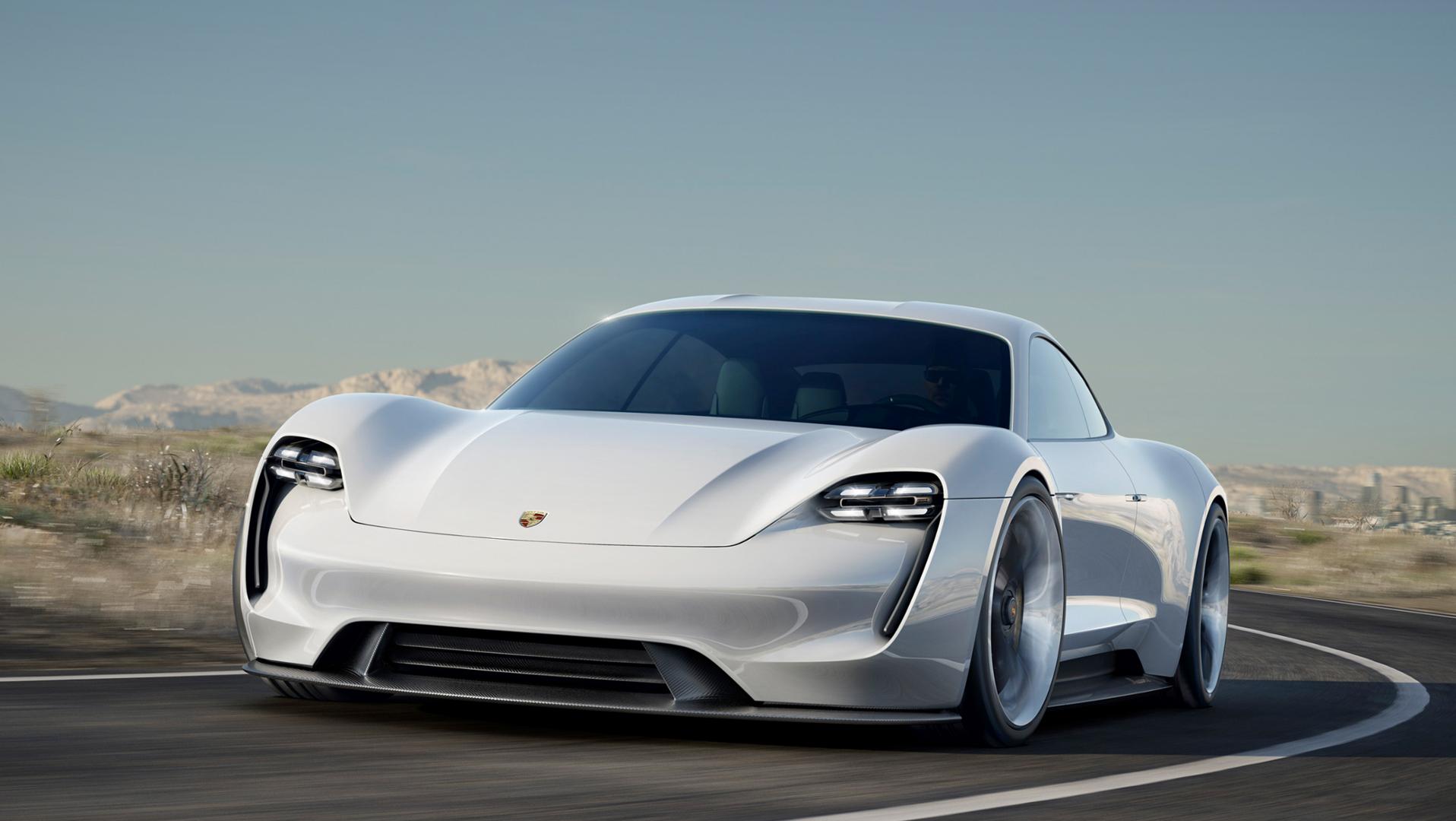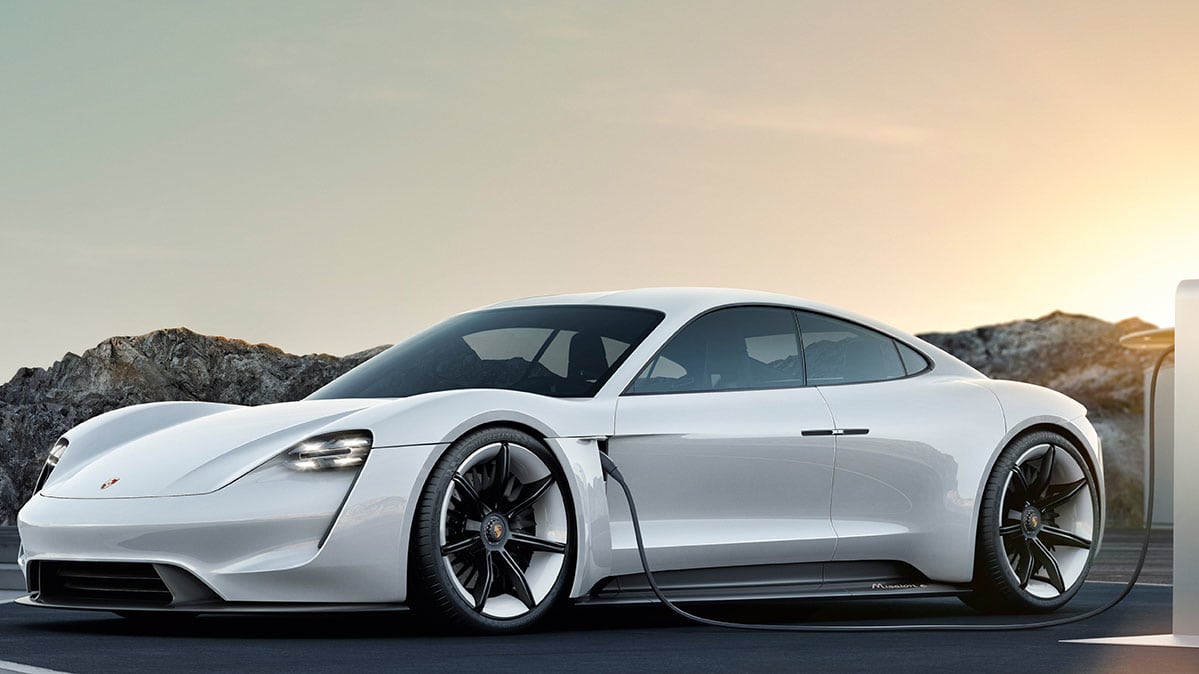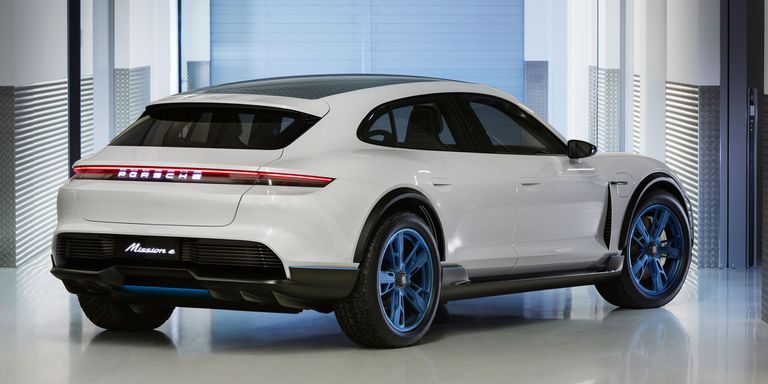- Joined
- Oct 30, 2014
- Messages
- 36,768
- Points
- 113

LONDON — Dyson, famous for making vacuum cleaners, picked Singapore to manufacture its first electric car, pushing ahead with plans to challenge Tesla in the hottest sector of the automotive market.
The closely held British manufacturer, also known for hand dryers and air purifiers, said Tuesday (Oct 23) it will complete the factory by 2020 and stuck to a goal of rolling out its first model by 2021 as part of a 2 billion-pound (S$3.6 billion) effort to expand into automobiles.
The choice of Singapore — which doesn’t have a single car-manufacturing plant and is one of the costliest places in the world to buy an automobile — comes as Tesla zeroes in on establishing a factory in China.
The decision is a victory for the city state, home to the planet’s second-largest container port and a manufacturing hub for high-technology products such as Rolls Royce Holdings aircraft engines.
In a comment on his Facebook page, Prime Minister Lee Hsien Loong said that Singapore’s “expertise in advanced manufacturing, global and regional connectivity, and the quality of our research scientists and engineers, all influenced Dyson’s decision”.
He added: “Their electric car is expected to launch in 2021. Singapore used to assemble cars until the 1980s. Now we will manufacture cars again, except this time greener, better, and more high-tech!”
Mr Lee also wrote that Dyson is “just one of the companies creating new and exciting opportunities here”.
“Our engineers must rise to the challenge, prove themselves equal to the best in the world, and help create remarkable technologies that improve lives for all,” said Mr Lee.
Dyson is among new contenders entering the race to make electric vehicles, which are gaining market share from gasoline-powered autos. Besides Tesla, Dyson will compete with global giants such as Daimler AG, Volkswagen AG and General Motors Co. that are all charging ahead with EV plans.
Singapore, with fewer than 6 million people, is a minor market itself but has technology talent and strong intellectual-property protections, regularly topping regional IP rankings. Dyson already has a manufacturing hub in Singapore that focuses on digital motors, with the company employing about 1,100 people in the Republic.
“With this new facility, Dyson expects to more than double their Singapore team,” Trade and Industry Minister Chan Chun Sing said on Facebook.
Mr Chan noted that 21 million Dyson motors are produced in Singapore annually. Adding that he was “happy to hear” about the announcement, Mr Chan said the firm’s decision "testifies to Singapore’s attractiveness as a base for investments in innovation".
"Our access to high-growth markets in the region, our strong global connectivity, and our highly skilled workforce are all competitive advantages that distinguish us from the rest of the world," he said.
"Singapore can overcome its geographical and physical limitations by competing on quality and the trust we inspire with our stable, pro-business environment. Together, we will continue to develop a strong and vibrant economy that creates good jobs for Singaporeans."
Responding to media queries, Singapore Economic Development Board (EDB) assistant managing director Kiren Kumar said the EDB and Dyson have “enjoyed a strong partnership for over a decade”.
“We are excited that Dyson has selected Singapore to manufacture their electric vehicles, which is testament to Singapore’s deep base of talent, technology capabilities and leading infrastructure,” said Mr Kumar, adding that “advancements in technology have made it possible” for cars to be manufactured in Singapore again.
“We look forward to working closely with Dyson to build a strong supplier ecosystem in Singapore and Asia, to build new capabilities to support this new growth segment,” he said. The investment will create “good job opportunities” in advance manufacturing and technology research and development, he reiterated.
Singapore has a free trade agreement with China, the world’s largest market for electric cars. While Tesla last week took a step toward building an auto plant in Shanghai, Dyson’s founder, James Dyson, has complained about IP theft in China.
China will remain the top electric-vehicle market at least until 2040, when more than half of all new car sales and a third of the planet’s fleet — equal to 559 million automobiles — will be electric, according to a forecast by Bloomberg NEF.
Mr James Dyson said the company’s “centre of gravity” has tilted toward Asia, which last year generated almost three quarters of revenue growth.
“The decision of where to make our car is complex, based on supply chains, access to markets,” Dyson Chief Executive Officer Jim Rowan said in a note to staff. "The availability of the expertise” will help the company achieve its ambitions.
Dyson had considered the UK and various Asian locations for its car facility. It has extensive manufacturing experience in Malaysia, and previously made products in the UK, which may lose some of its allure for global companies with the planned exit from the European Union.
Dyson will build the plant itself rather than subcontract the work out to suppliers. Tesla has been going through what founder Elon Musk has called “production hell,” followed by “delivery logistics hell,” as the company has been ramping up volumes at its sole car factory in Fremont, California.
Exactly what type of cars Dyson will be producing remains to be revealed. Construction is still ongoing at its test facility at Hullavington, England, which includes a now 400-strong automotive team, a handling track and an off-road route.
Dyson’s plan is set to bring back auto manufacturing to Singapore after a decades-long absence. Ford Motor established South-east Asia’s first car-assembly plant in the country in 1941, and closed it down in 1980.
Now, Singapore is one of the world’s most expensive car markets because of the city state’s policies aimed at curbing congestion. WITH AGENCIES
https://www.todayonline.com/world/dyson-picks-singapore-build-electric-cars-rivaling-tesla





